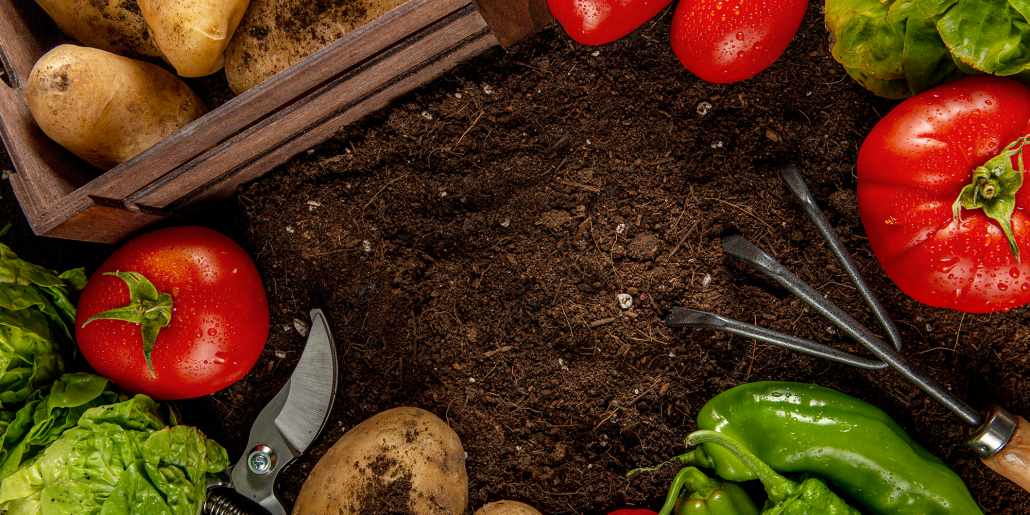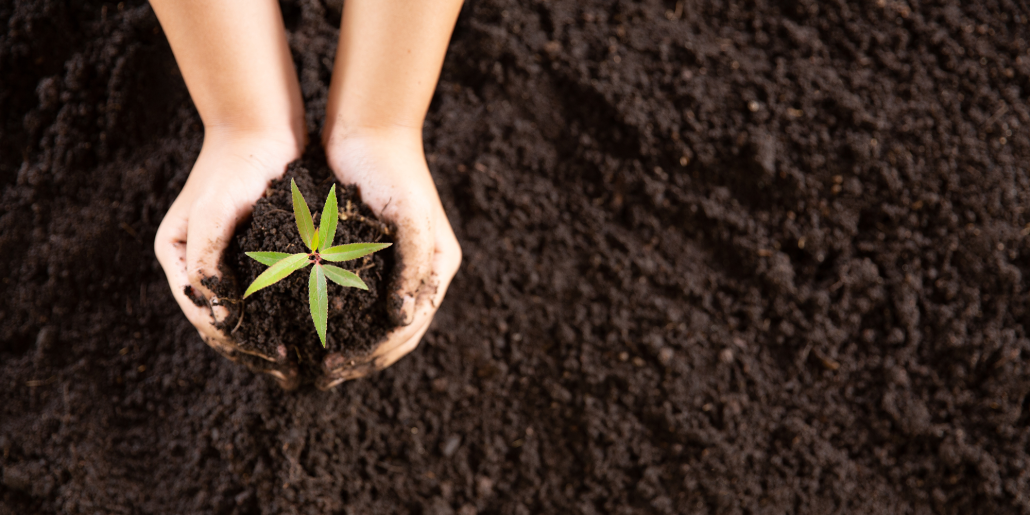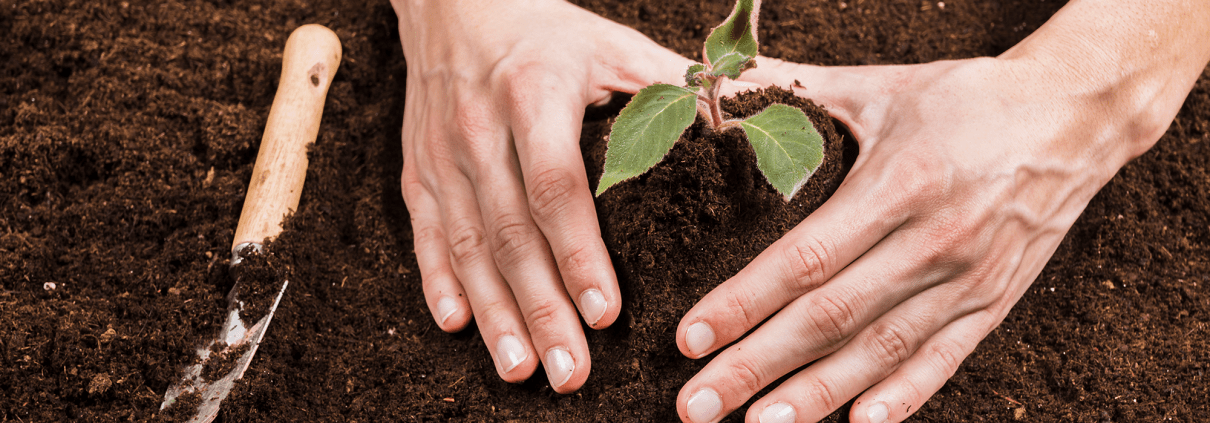Choosing the Right Organic Compost for Every Purpose
Organic Compost enriches soil, boosts plant growth, and reduces waste. Different compost types suit different needs. Here’s a quick guide:
1. Garden Beds: Organic Compost Use well-rotted compost for vegetables, flowers, and herbs. It improves soil structure and adds nutrients. Learn more about organic compost.
2. Lawns: Fine Compost Apply fine compost. It promotes even growth and enhances soil aeration. Check out our Fine Compost Product.
3. Potted Plants: Vermicastings Choose vermicastings or earthworm castings. They ensure good drainage, retain moisture, and provide rich nutrients. Check out our Vermicatings products today!
4. Acid-Loving Plants: Organic Compost Use good quality compost for plants like azaleas, blueberries, and rhododendrons. It maintains low soil pH levels naturally. Explore the best soil for acid-loving plants.
5. Trees and Shrubs: Organic Fertilizer Opt for organic fertilizer. It breaks down slowly, providing long-term nutrients. Discover why organic fertilizers are effective.
6. Raised Beds: Compost Mix Blend organic compost with fine compost. This mix supports a variety of crops.
7. Mulching: Coarse Compost Apply coarse compost. It suppresses weeds and retains soil moisture.

Why Use Compost in Your Garden?
Compost improves soil fertility, enhances water retention, and reduces reliance on chemical fertilizers. Good quality compost is especially beneficial, as it replenishes soil with essential nutrients. Adding compost regularly rejuvenates tired soil, making it more productive. Read about the benefits of compost.
Tips for Success:
-
Match compost type to plant needs.
-
Avoid over-application. Too much can harm plants.
-
Check compost quality to ensure it’s well-rotted and free of contaminants.
The right compost makes a big difference. Good quality compost, in particular, promotes long-term soil health and sustainability. Choose wisely for thriving plants and healthy soil.
Visit Earthworks for more information

The Importance of Vermicastings in Compost
Vermicastings, also known as worm castings, is a nutrient-rich addition to any compost. They contain essential minerals and beneficial microbes that improve soil structure and plant growth. By incorporating vermicastings, you can ensure your soil gets the best organic nutrients. Learn more about vermicastings.
Choosing the Best Compost for Your Plants
Different plants have unique needs. For instance, succulents require compost with excellent drainage, while leafy vegetables thrive with moisture-retentive organic compost. Tailor your compost choice to your plants’ requirements for the best results.
Organic Compost and Sustainability
Using good-quality compost reduces landfill waste and lowers your carbon footprint. It’s an environmentally friendly choice that supports sustainable gardening practices. Embrace good-quality compost to contribute to a healthier planet while enhancing your garden.



